Experts back criminal punishment of 'Taiwan independence' separatists
The Chinese mainland's recent move to criminally punish "Taiwan independence" separatists displays its resolve and ability to promote the reunification of the two sides of the Taiwan Strait, experts say.
About 140 scholars from both sides of the Strait attended a two-day cross-Strait relations seminar in Qingdao, Shandong province, over the weekend to expose the harm of the "Taiwan independence" views of the Democratic Progressive Party in Taiwan and find ways to eliminate them.
Qiu Kaiming, deputy director of the Taiwan Affairs Office of the State Council, said Taiwan's new leader, Lai Ching-te, has persistently advocated "independence" since taking office, fostering cross-Strait confrontation, obstructing exchanges and attempting to seek "independence" through military means and the use of foreign forces.
Such efforts have disrupted peace in the Taiwan Strait and were a provocation targeting the one-China principle, which the mainland would not tolerate and would firmly counteract, he said.
Mainland authorities released a set of guidelines in June on imposing criminal penalties on staunch supporters of "Taiwan independence" for engaging in or inciting separatist activities, with trial in absentia permitted when necessary.
The websites of the Taiwan Affairs Office and the Ministry of Public Security added new sections earlier this month that included a list of 10 "pro-independence" Taiwan politicians who are deemed stubborn separatists, the legal foundation to punish them and ways for members of the public to provide evidence of such behavior.
Qiu said the DPP authorities had deliberately conflated the broader Taiwan population with the few separatists targeted by the mainland, and their attempt to shift focus would not succeed.
He called for upholding the one-China principle, opposing "Taiwan independence" separatism and external interference, and enhancing confidence in the reunification of the two sides of the Taiwan Strait.
Wang Yingjin, a professor of Taiwan studies at the Renmin University of China, said the mainland should harshly punish institutions and individuals advocating and promoting "Taiwan independence "because it undermines the process of national reunification.
Publicly disclosing the names of separatists on websites and providing a way to report evidence demonstrate the mainland's firm determination to punish separatists by legal means, he said.
Yang Kai-huang, a cross-Strait relations expert at Taiwan-based Ming Chuan University, said that the recent measures are an escalation of legal deterrence against politicians seeking "Taiwan independence".
"They don't involve ordinary residents but target a small number of separatist politicians," he said. "Taiwan people should carefully read the documents so as not to be misled by some politicians."
Bao Chengke, deputy director of the Shanghai Institute of East Asian Studies, said the mainland has employed various measures in the military, economic and judicial domains to combat separatist actions.
He said it is important to heighten vigilance against "Taiwan independence" efforts while deepening cross-Strait exchanges to promote a correct historical perspective among more people.










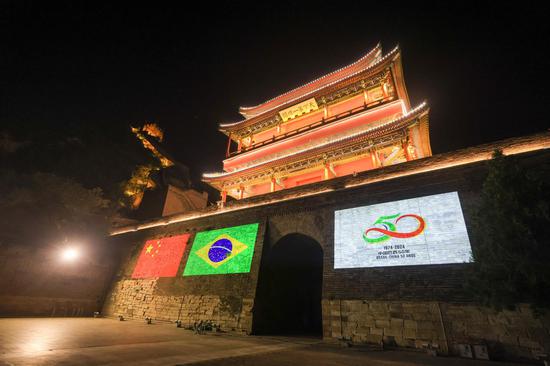





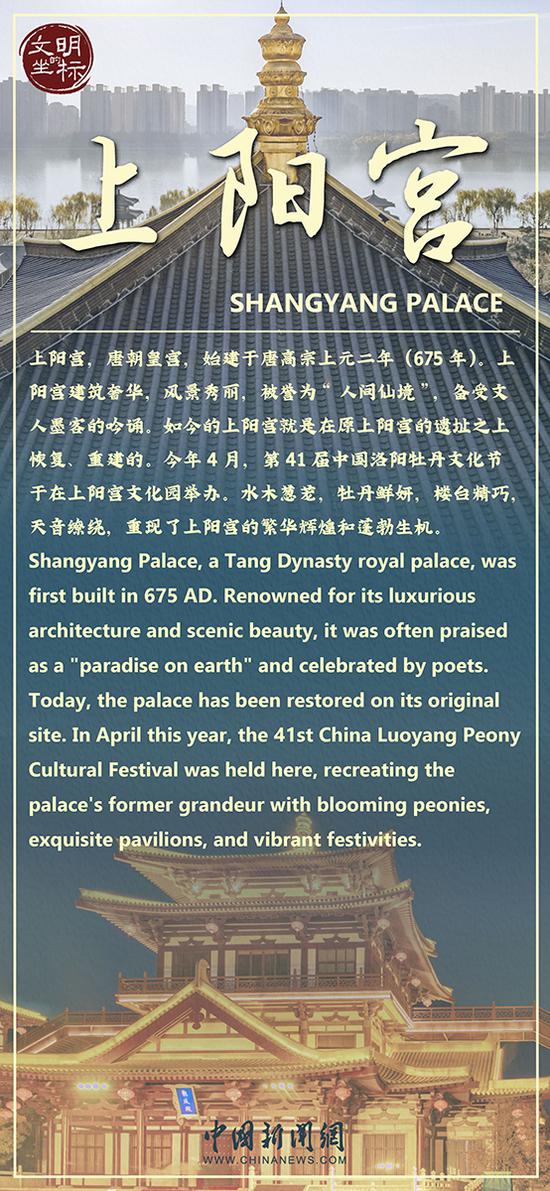












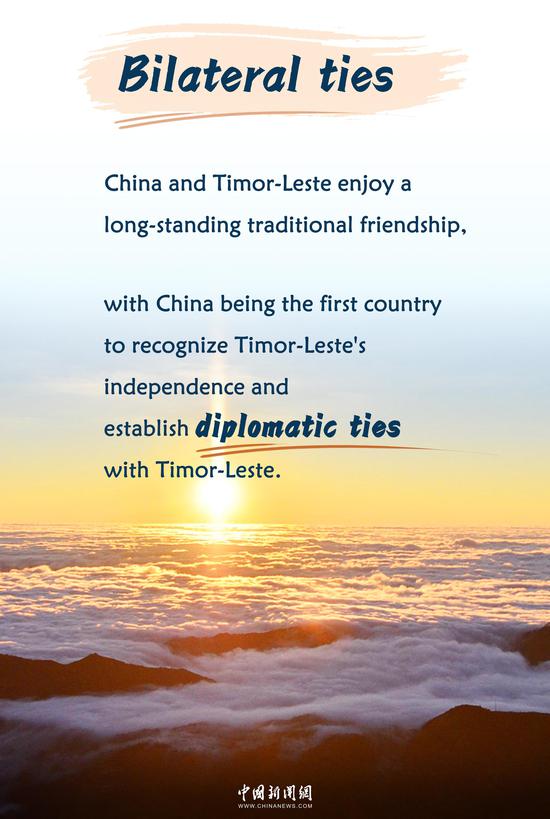
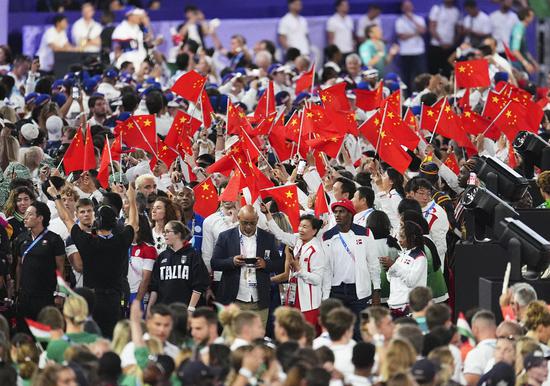

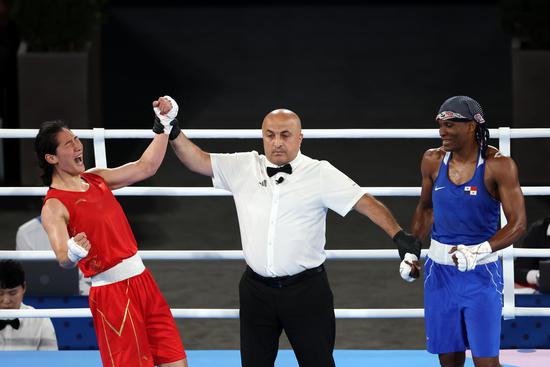




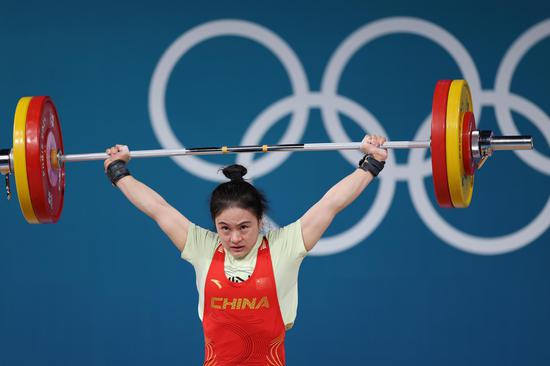

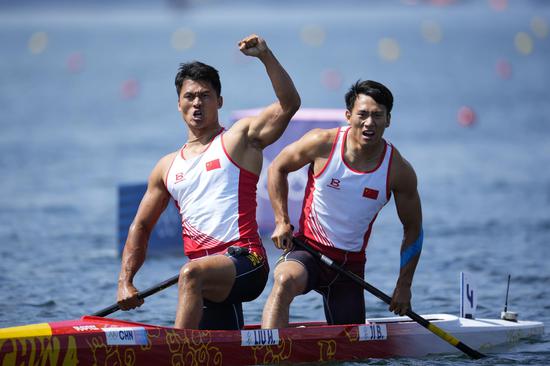


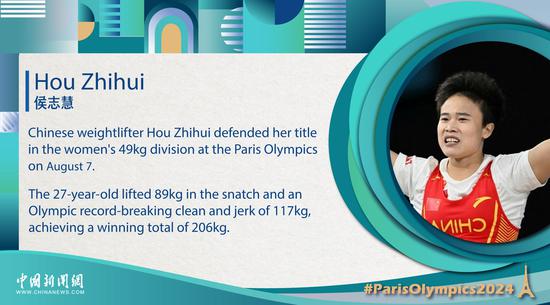





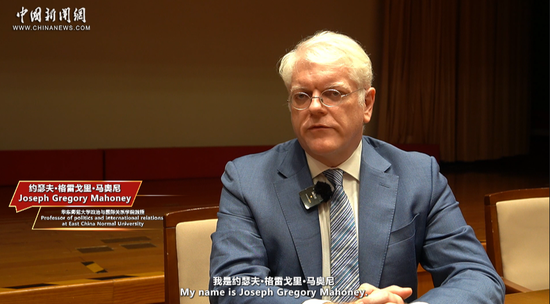

 京公网安备 11010202009201号
京公网安备 11010202009201号